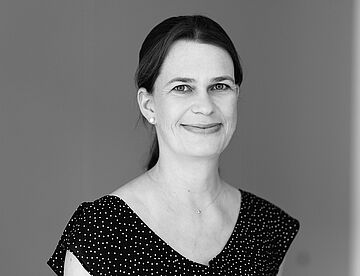Digitalization and Opening up Science
The group researches the digitalization and opening up of science and actively shapes it. Its current focus is on data infrastructures and data tools for interdisciplinary and data-intense research.
The group researches the digitalization and opening up of science and actively shapes it. Its current focus is on data infrastructures and data tools for interdisciplinary and data-intense research.
The research group deals specifically with the following questions:
- What opportunities and risks arise from the digitalization and opening up of science, and in particular from the establishment of data infrastructures and data tools for interdisciplinary and data-intense research?
- How can research data and other digital artifacts best be represented and linked for interdisciplinary and data-intense research using modern technologies?
- Which data infrastructures and data tools are suitable for interdisciplinary and data-intense research? How can data infrastructures and data tools best be further developed using modern technologies?
The work of the group is shaped by current scientific and technical developments in the fields of Semantic Web and Linked Data as well as Data Science and AI. It draws on its extensive experience in the areas of open data management and open data platforms.
The research group is responsible for setting up a research data infrastructure at the Weizenbaum Institute. In recent years she has developed the Weizenbaum Library, a repository for publications and research data. The goal of the Weizenbaum Library is to collect all publications and research data from the Weizenbaum Institute and make it accessible to the public for further use. The repository is now to be introduced at the Weizenbaum Institute. The research group will accompany this process from a scientific and technical perspective.
The group is actively involved in the Berlin University Alliance (BUA) and the National Research Data Infrastructure (NFDI). She is also expanding her collaboration with the European Open Science Cloud (EOSC).





